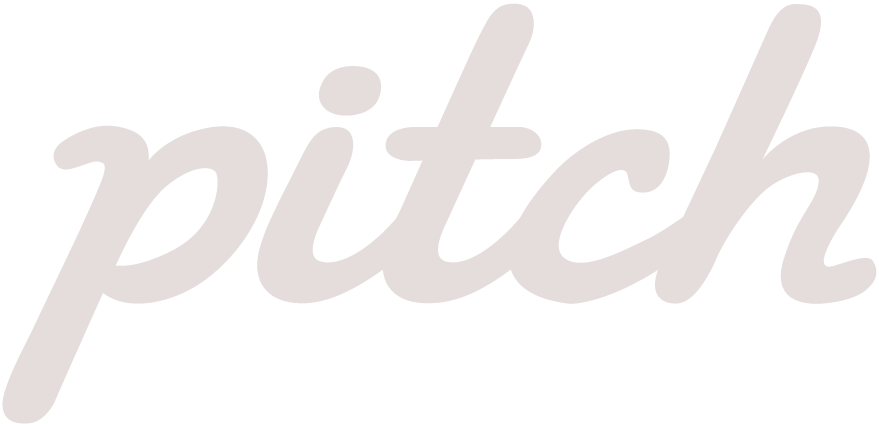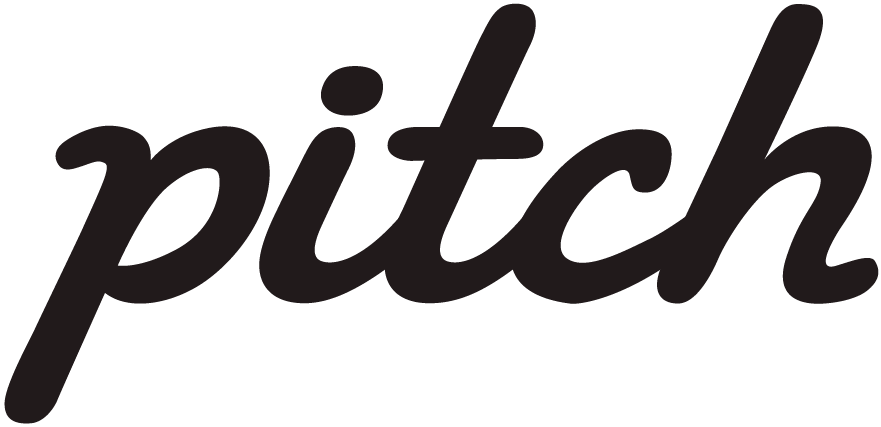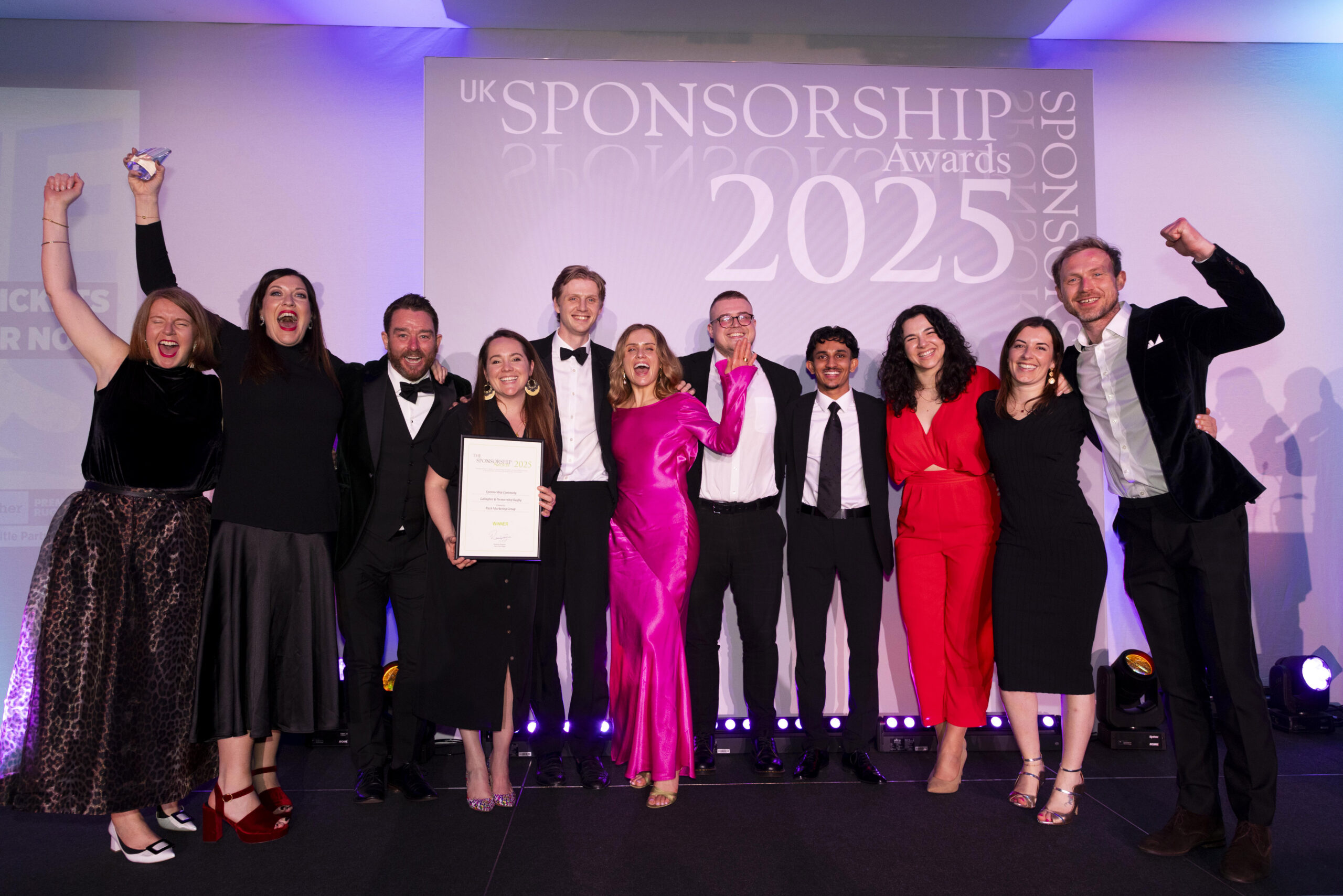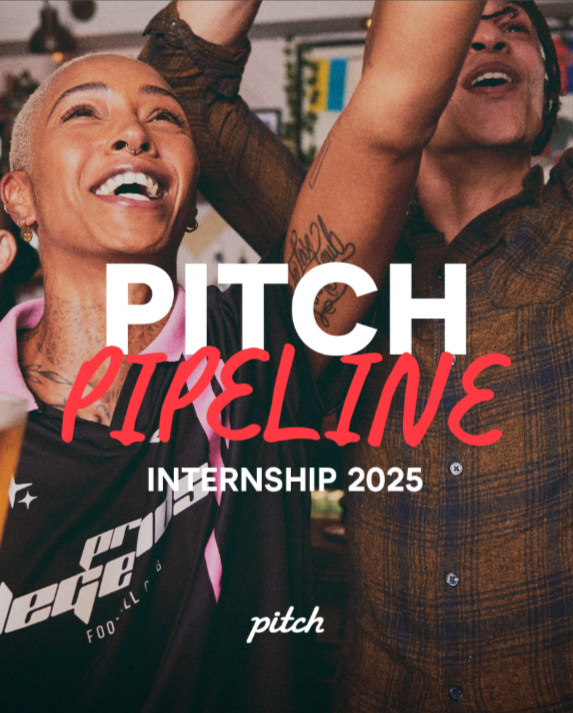The sports podcasting world continues to grow as I wrote a few weeks ago after Los Angeles Clippers star J.J. Redick became the first current professional athlete to launch his own, mainstream podcast. In that blog, I looked at why J.J. had decided to launch his podcast and how he may benefit.
It isn’t just athletes that should be examining how they engage with the portable audio world though. The impact of podcasts continues to grow and it is everyone in the sports industry that should take notice.
The traditional sports media outlet
Some of the longest running podcasts come from traditional media outlets aiming to utilize new revenues streams. “Sports media brands and sports media outlets are starting to use it more and more, looking to follow the example of Bill Simmons at Grantland and now his new home at HBO,” said Sean Callanan, host of the Sports Geek Podcast, the top ranking sports digital podcast on iTunes and Stitcher in an interview Pitch conducted with him last week.
He said that the fact podcasting was a “key plank” of the launch strategy of the new, high profile Yahoo! Sports-backed digital basketball outlet The Vertical, demonstrated the power of podcasting. He added: “It’s definitely something that’s easy to monetize, you can put ads through it, so I think media outlets are doing it well.”
We’ve yet to fully see this style of monetizing across sports media outlet podcasts in the UK – many of the larger media outlets sports podcasts remain advert-free and are used more as a promotional tool for the outlet’s other services.
The brand sponsors
Brands involved in sports sponsorship have yet to really seize the opportunity podcasts provide but Callanan is very clear on the benefits. He said: “Look at some of the studies coming out of the US, people that listen to podcasts have really high recall on the ads they are listening to.”
Unsurprisingly, podcast advertising companies’ boasts are very impressive – Midroll, for example, claim a large percentage of listeners bought something on the back of a podcast advert.
Callanan explained: “When people are listening to podcasts – they are driving, walking, doing an activity, at the gym – they tend to be less likely to skip over the ads. So if you’re a podcast listener you would know a lot of the same advertisers. It’s been a distinct strategy, MailChimp have done very well with Serial, Stamps.com with Bill Simmons and SeatGeek is really pushing hard into a lot of US podcasts. That’s the opportunity for brands to align with the host, for example a Bill Simmons or a J.J .Redick, and then get a direct connection into those fans whether it be a sales lead/acquisition type of thing like getting more people to sign up for Seatgeek or to build up the brand.
“You look at brands like GE doing brand-sponsored podcasts like The Message. It’s not a podcast about GE, it a podcast to entertain an audience brought to you by GE. I think that’s a spot that brands will play in sponsoring and providing a revenue that gets podcasting up and about.” (Note: You can read more about GE’s work with The Message here.)
Podcasts, as with more traditional media, also give brand sponsors the opportunity to get their messages across via traditional PR tactics to an engaged audience as they would aim to with any other influencer.
The athlete
As mentioned, I previously talked through the benefits to an athlete and Callanan added: “Currently athletes have got their social channels which are very short form. Podcasting is a longer form and a more personal platform. If J.J. (Redick) can get into the ears of his fans 10 times a year for an hour, that’s 10 times a year connecting with fans and he will have a real big opportunity to do things with sponsors which will potentially parlay into other opportunities in the future.”
Athletes will have to be wary of criticisms that creating a podcast could be a distraction or criticisms that their podcasts are too candid or alternatively not candid enough. It was very clever that J.J. Redick addressed both of these potential problems early on in his first podcast.
The individual
Callanan’s podcast has become incredibly successful and he’s welcomed many of the biggest names in the sports industry including Dallas Mavericks’ owner Mark Cuban (available on iTunes). He explained how running the podcast has benefited him professionally: “I’m a shit writer,” he said over a recorded audio message to answer my email questions. “I am far better at speaking. Podcasting is a format that sits well with my skills. It gives me an opportunity to reach out and connect with sports executives around the world. More people know about me both locally and globally. It does have a direct relationship to the consulting and speaking revenue I generate each year. It has been something that drives people to give me a call.”
He is not the only person to benefit from the showcase a successful podcast offers. Many individuals have built up incredible followings from a simple podcast, maybe the best sports example is that of The Starters, who recently celebrated a 10-year anniversary that saw them transform from three enthusiasts chatting basketball every morning at home in Canada to high-profile, globally recognised stars of an daily NBA TV show.
More recently, individuals have looked at crowd-funding to maximise their incredibly engaged audience – good examples of this in the UK include high quality football interview podcast “The Big Interview with Graham Hunter” and the incredibly entertaining “How2Wrestling” podcast.
The future
Serial and technological changes have helped the rise of the podcast and Callanan thinks there is an even more positive future ahead for podcasts. He said: “Integrating podcasting apps and internet in cars, I think that will be a really big one. If you’re in your car and you don’t have to listen to shitty talk-back radio or terrible music, you can now tune-in and listen to something worthwhile.”
Whatever the long-term future, it is clear in the short-term that the world of podcasting should be a consideration in the marketing and communications strategy of those in various different sections of the sports industry. As you can see across the various examples, it can have a real impact on business objectives either directly to revenue or indirectly by using a successful podcast as a showcase to strategically promote an alternative revenue stream.






